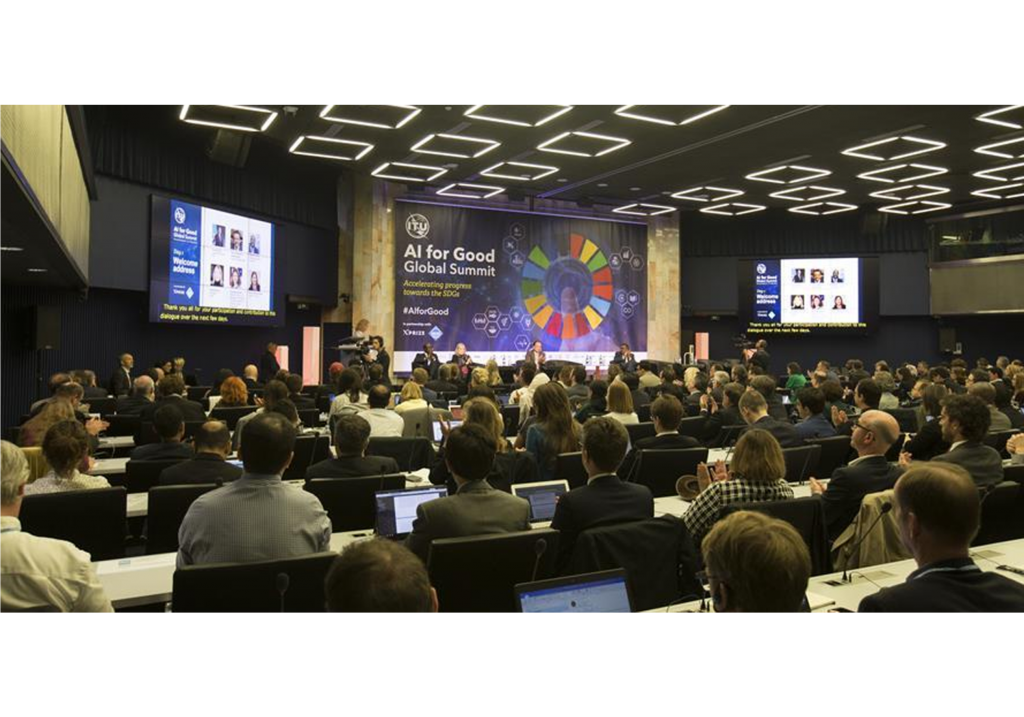AI – use cases for the good
The 2018 of the AI for Good Global Summit was organized by ITU in Geneva on 15-17 May 2018, in partnership with XPRIZE Foundation, the global leader in incentivized prize competitions, the Association for Computing Machinery (ACM) and United Nations Agencies including many of UNICC’s Clients, including UNESCO, UNICEF, UNCTAD, UNIDO, UN Global Pulse, UNICRI, UNODA, UNIDIR, UNODC, WFP, IFAD, UNAIDS, WIPO, ILO, UNITAR, UNOPS, OHCHR, UN University, WHO, UNEP, ICAO, UNDP, The World Bank, UN DESA, CTBTO, UNISDR, UNOG, UNOOSA, UNFPA, UNECE, UNDPA, and UNHCR.
Beneficial Artificial Intelligence – use cases for the good
Carlos Correia and Shashank Rai of UNICC attended with their ears to the ground – to hear ground-breaking news on AI developments and their relevance to the United Nations family. It’s an area, like BI, Big Data and block chain, that UNICC is interested to understand and work to support as requirements arise from our Clients. The following information was gleaned from ITU’s reporting on the conference.
The AI for Good series is a leading United Nations platform for dialogue on AI. The action-oriented 2018 summit identified practical applications of AI and supporting strategies to improve quality and sustainability of life on our planet. The summit formulated strategies to ensure trusted, safe and inclusive development of AI technologies and equitable access to their benefits.
While the 2017 summit sparked the first ever inclusive global dialogue on beneficial AI, the action-oriented 2018 summit focused on impactful AI solutions able to yield long-term benefits and help achieve the Sustainable Development Goals. ‘Breakthrough teams’ demonstrated the potential of AI to map poverty and aid with natural disasters using satellite imagery, how AI assists with the delivery of citizen-centric services in smart cities, and they showed new opportunities for AI to help achieve Universal Health Coverage, and finally they demonstrated how to achieve transparency and explainability in AI algorithms.
Teams proposed impactful AI strategies able to be enacted in the near term, guided by an expert audience of mentors representing government, industry, academia and civil society. Strategies were evaluated by mentors according to feasibility and scalability, potential to address truly global challenges, degree of supporting advocacy, and applicability to market failures beyond the scope of government and industry. The exercises connected AI innovators with public and private-sector decision-makers, building collaboration to take promising strategies forward.
Our impressions? UNICC can play a role in this exciting new area of innovation to help support our Clients and achieve the Sustainable Development Goals.

